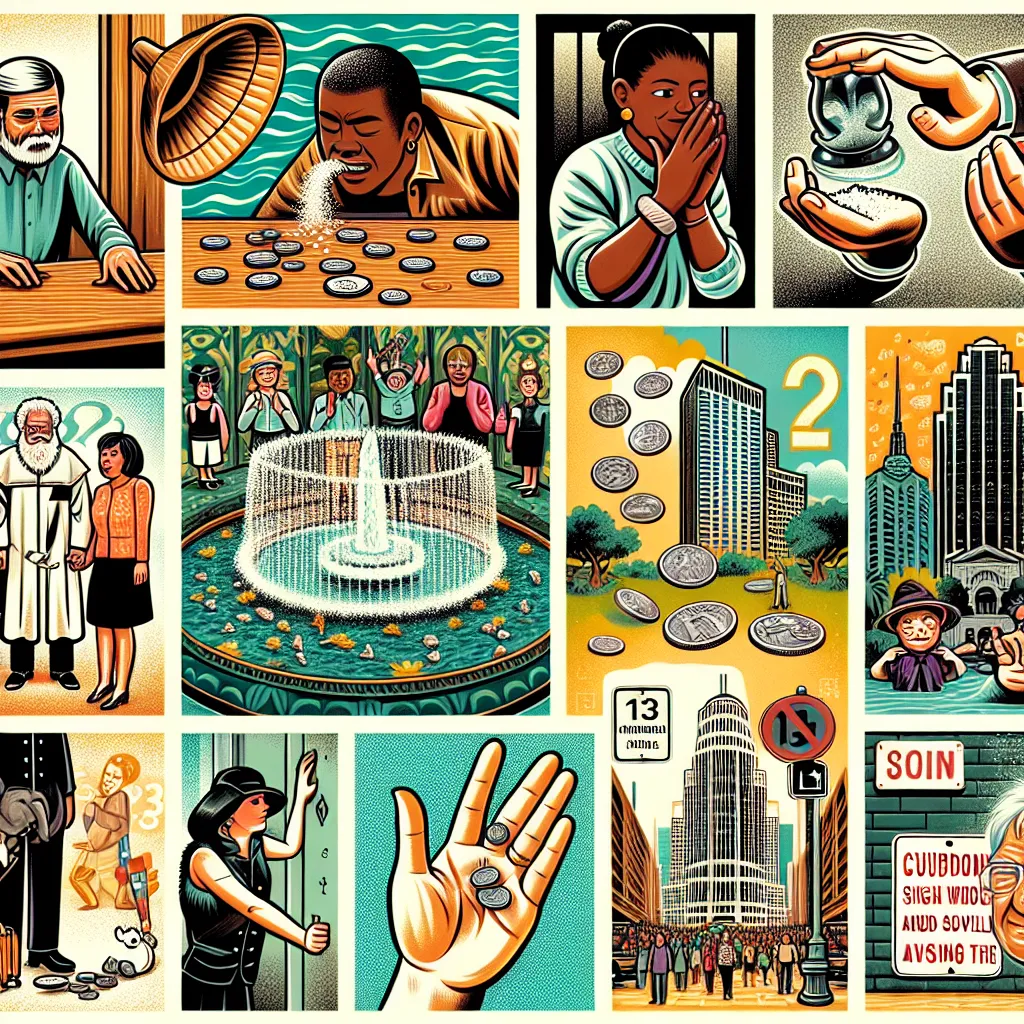Superstitions have always interested me. They seem so quirky and unfounded, yet many people, including historical figures like Alexander the Great and Ponce de Leon, believed in them. These beliefs span cultures and eras, making me wonder: why do we cling to them?
Around 25% of people openly identify as superstitious, but I bet that number is higher. Do you say “bless you” when someone sneezes? It might feel like common politeness, but it’s a nod to the past. Ancient Romans thought sneezing expelled your soul, and a blessing kept it from being stolen by the devil. Pope Gregory took it a step further, using the phrase to wish good health during the plague outbreak. Some even believed that sneezing momentarily stopped the heart, and a blessing would kickstart it again!
Superstitions aren’t just personal quirks; they shape our environment too. Ever noticed that many skyscrapers skip the 13th floor? That’s due to triscodecophobia, the fear of 13, which is widespread in the West. Meanwhile, in parts of Asia, the number 4 is avoided due to its phonetic similarity to the word “death” in Chinese. Fear of the unknown clearly knows no borders!
Daily sayings like “waking up on the wrong side of the bed” date back to ancient Rome. Romans believed the left side was evil, so getting out of bed on the left side spelled bad luck. The same goes for “knocking on wood.” This practice has roots in 19th-century beliefs that linked wood to various forms of good fortune, including religious crucifixes and sacred trees. Essentially, it’s like a quick tap to ward off evil spirits or bad luck.
So why do we cling to these superstitions? Psychologists suggest that it’s a coping mechanism for anxiety. The world can be unpredictable and chaotic, and these little rituals give us a sense of control. Research even shows that crossing your fingers can improve dexterity and memory by boosting self-confidence. A study by the Association for Psychological Science found that this tiny act could improve people’s golf scores!
Even something like throwing coins into a fountain has ancient origins. In old villages, people tossed coins into wells as offerings to the gods. The tradition endures, and it’s a testament to our desire to hold onto hope, however irrational it might seem.
Superstitions also play a big role in sports. Baseball, in particular, is full of quirky rituals. Players often don’t wash their lucky caps in the middle of a winning streak. Some bizarre practices, like Jason Giambi’s gold thong for breaking slumps, show just how seriously these rituals are taken. These acts aren’t about magic; they’re about focus and controlling anxiety.
But it’s important to distinguish between harmless habits and compulsive behaviors. While superstitions might help reduce anxiety, they aren’t the same as compulsions seen in OCD, where people feel an overwhelming need to perform certain rituals to avoid severe distress.
So next time you throw salt over your shoulder or knock on wood, remember—it’s not just about driving away bad luck. These rituals serve to anchor us psychologically, giving us a bit of comfort and control in an unpredictable world. Embrace your little quirks; they might just be good for your mental health!
Thanks for reading, and if you enjoyed this dive into the world of superstitions, consider subscribing, commenting, liking, and sharing for more content like this!






